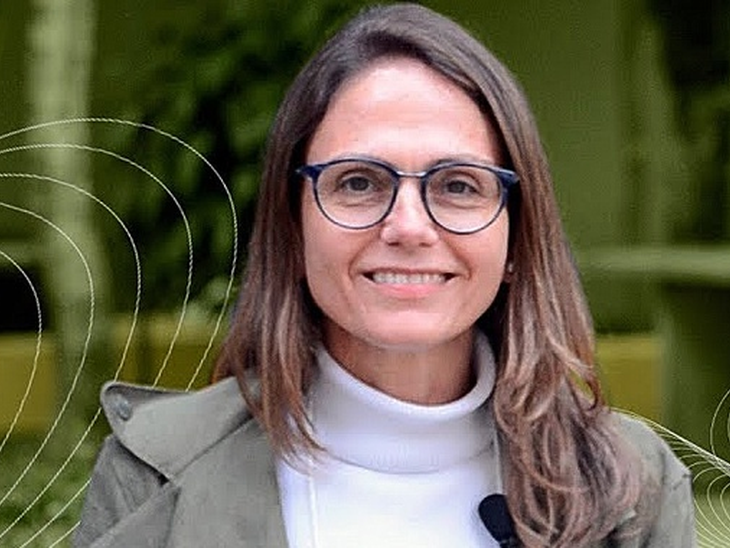
 RenovaBio
RenovaBio
T&B Petroleum/Press Release

"How are good agronomic practices awarded at RenovaBio?" was the theme of the presentation by the Embrapa Meio Ambiente team, on August 24, at the 5th Online Meeting of the Grupo Fitotécnico de Cana IAC, a pioneer group in the discussion of topics related to the sugar-energy sector, with more than 30 years of existence. The meeting held in August, focusing on the effects of good practices on the sustainability of sugarcane production, brought together more than 100 people from the sector, both from the research and production sectors.
Researcher Marilia Folegatti (photo) highlights that the National Biofuels Policy - RenovaBio, is a reference in encouraging the use of good practices in the production of biofuels. Her presentation addressed general information about this policy, its contributions to the goals of reducing national emissions of greenhouse gases (GHG) and what are the necessary criteria for interested plants to participate in the program.
There was also a description of the steps for calculating the energy-environmental efficiency score (NEEA), by analyst Anna Leticia Pighinelli, who presented RenovaCalc, RenovaBio's carbon accounting tool, and how to fill it out.
RenovaCalc's sensitivity in realizing the impacts promoted by the adoption of good agronomic practices was demonstrated by the researcher Nilza Patrícia Ramos, who showed practical examples involving increased productivity, reduced consumption of nitrogen and diesel fertilizers, partial collection of straw and especially the replacement of part of diesel by biomethane.
According to the researcher, "these isolated practices led to reductions in the order of 1 to 3% in emissions of CO2eq/ton of sugarcane, but the set of good practices adopted in an integrated manner resulted in reductions in the order of 35% in the final value of emissions ".
Ramos points out that, "as emissions from the agricultural phase account for about 80% of total sugarcane ethanol emissions, all practices that improve the agricultural stage will positively influence NEEA and consequently increase environmental and economic gains that the plants may have when implementing them".
The event featured lectures on carbon stocks in sugarcane areas, given by Prof. Carlos Eduardo Cerri from ESALQ/USP, and the impact of GHG emission factors in obtaining CBIOs (decarbonization credits) by Heitor Cantarella from IAC, in addition to the presentation by Environmental Manager Fabíola Gonçalves, from Grupo Adecoagro, who brought a successful case of the company certified by RenovaBio, showing the actions that the company has taken to increase the efficiency rating.
Contact us